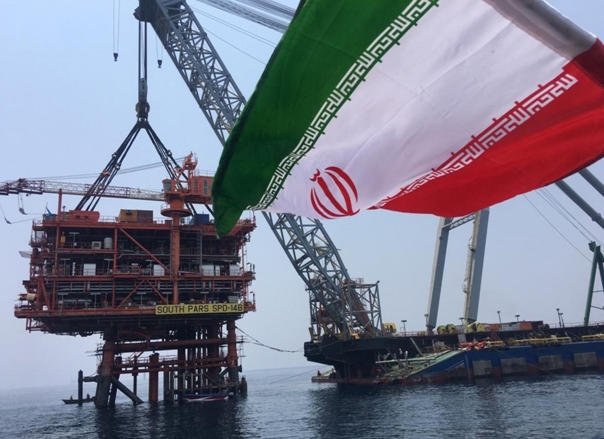
New Nation Report :
The US and Europe are close to reaching an agreement with Iran on a phased return to the 2015 nuclear deal, which will take months to implement.
Iran has the world’s fourth-largest oil reserves, but its crude output has fallen since US sanctions were imposed on its economy in 2018, when then-President Donald Trump pulled out of a 2015 nuclear deal.
Negotiators are finalizing a timeline for reactivating the agreement, which will begin with minimal measures by both sides while the Biden administration presents the plan to Congress, which will eventually need to approve relief on oil sanctions, according to two people familiar with the talks who declined to be identified because the details have not been made public. Within days, an agreement might be revealed.
With US sanctions tightening around its economy, Iran’s own compliance has deteriorated over the last four years, and it has since enriched uranium to levels near to those required for a bomb. The CIA has been looking into the origins of uranium particles found in Iran at various unregistered sites.
Iran pumped 2.4 million barrels per day on average in 2021, and if sanctions are lifted, it aims to expand output to 3.8 million barrels per day.

However, this 3.8 million barrels will make up for around 40% of the shortfall in case of a full ban of Russian oil by US led alliance.
“Even without a full-fledged export embargo, demand in Russian oil is plummeting,” said Tamas Varga, an analyst with brokerage PVM Oil Associates, in an interview with Bloomberg. “Call it a public relations stunt, a logistical impossibility, or the belief that doing the right thing is the right thing, sellers of Russian oil and other assets are struggling to find purchasers.”
The United States and its allies have imposed harsh sanctions on major Russian banks, preventing them from using the vital SWIFT interbank messaging system, as well as the country’s central bank. In response to Vladimir Putin’s decision to invade Ukraine, the initiatives are intended at effectively ejecting Russia from the global financial system.
The problem to clear Russian crude on the physical market has been reported in the news. According to Bloomberg, commodity-trading behemoth Trafigura Group attempted to sell a cargo of Russia’s flagship Urals crude at a record $22.70 discount to Dated Brent, a global benchmark for physical oil transactions, but received no bids.
Negotiations to resurrect the treaty have been ongoing in Vienna for the past ten months, and officials are believed to be nearing the end of the process.

